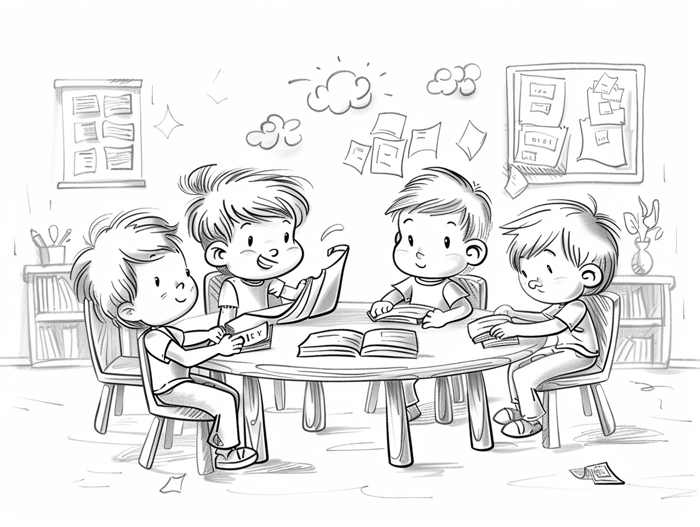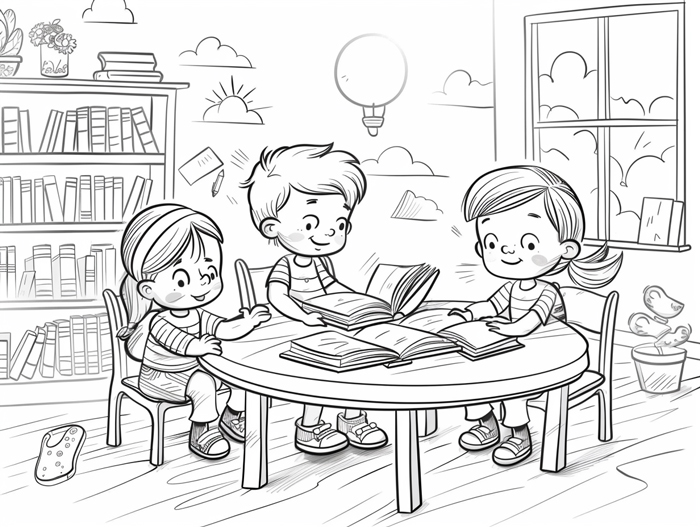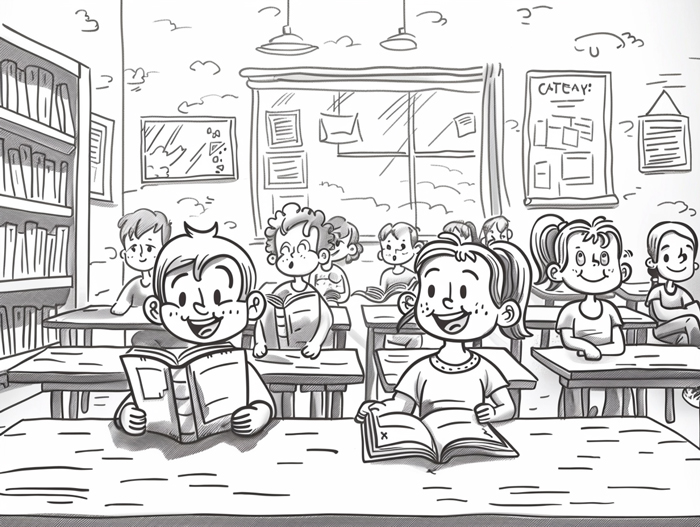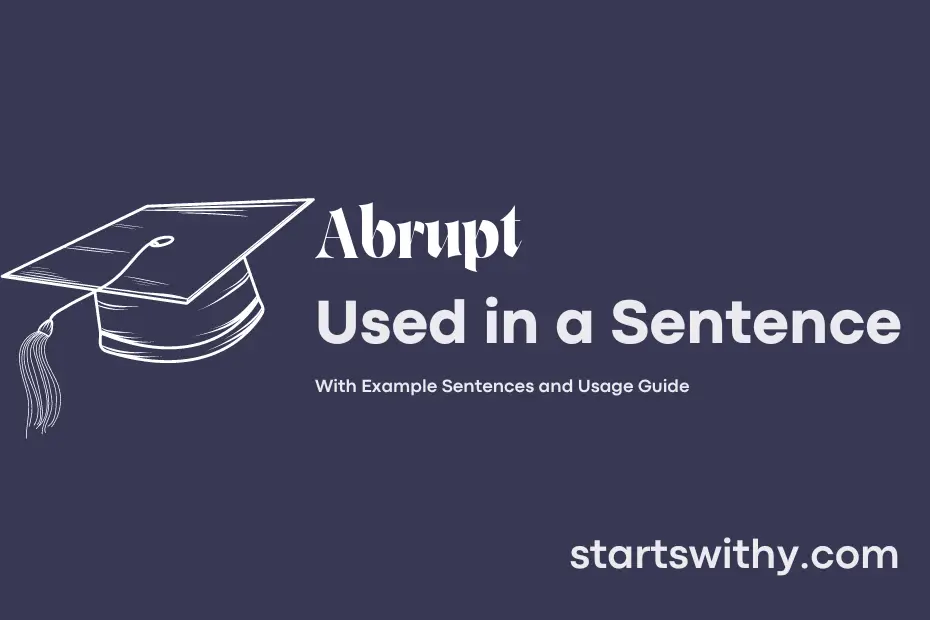Have you ever wondered what an abrupt sentence is? An abrupt sentence is a type of sentence that is short and direct, often lacking additional details or context.
Typically, abrupt sentences convey a sense of suddenness or urgency, making them useful for creating tension or emphasizing important points in writing.
7 Examples Of Abrupt Used In a Sentence For Kids
- The bell rang abruptly at the end of the school day.
- The thunder made an abrupt noise in the sky.
- The sudden rainstorm was abrupt and caught us off guard.
- The car came to an abrupt stop at the red light.
- The teacher’s voice changed suddenly, sounding abrupt.
- I woke up from my nap with an abrupt start.
- The movie ended abruptly, leaving us wanting more.

14 Sentences with Abrupt Examples
- The professor made an abrupt announcement about the upcoming midterm exam.
- The sudden change in the timetable caught everyone off guard with its abruptness.
- Abrupt power cuts are a common occurrence during monsoon season in the college campus.
- The meeting came to an abrupt end when the main speaker suddenly fell ill.
- The abrupt cancellation of the cultural festival left many students disappointed.
- The lecturer’s speech was filled with abrupt pauses that made it difficult to follow.
- An abrupt increase in the assignment workload caused stress among the students.
- The college buses have a tendency to make abrupt stops, causing inconvenience to the passengers.
- The sudden resignation of the college dean led to an abrupt change in the administrative structure.
- The seminar was interrupted by an abrupt technical glitch that disrupted the entire presentation.
- The rain began with an abrupt downpour, forcing students to seek shelter indoors.
- The abrupt closure of the library at an earlier time caused frustration among students who needed to study.
- Some students have the habit of giving abrupt responses during class discussions.
- Walking into a noisy classroom can be quite abrupt after enjoying the peaceful campus gardens.

How To Use Abrupt in Sentences?
To use Abrupt in a sentence, you can follow these simple steps:
- Understand the meaning: Abrupt means sudden or unexpected. It is often used to describe things that happen quickly, without warning, or that are very direct.
- Choose a situation: Think of a scenario where something happens suddenly or unexpectedly. This could be a change in a plan, a quick turn of events, or an immediate reaction to a situation.
- Construct your sentence: Start with a subject (person or thing), add a verb (action), and include the word Abrupt to describe how the action is being done. For example, “The meeting came to an Abrupt end when the fire alarm went off.”
- Contextualize your sentence: Make sure the use of Abrupt fits naturally within the sentence and accurately conveys the sense of suddenness or unexpectedness you intend to express.
- Practice using Abrupt in different sentences: To gain a better understanding of how to use Abrupt effectively, try incorporating it into various contexts. For instance, “The car came to an Abrupt stop,” or “Her Abrupt departure left everyone stunned.”
By following these steps and practicing with different examples, you will be able to confidently use Abrupt in your sentences to convey a sense of suddenness or unexpectedness.

Conclusion
In communication, sentences with abrupt transitions lack smoothness and coherence, often leading to confusion or a disjointed flow of information. These sentences can disrupt the reader’s understanding and make it challenging to follow the intended message. To ensure clarity and maintain a logical progression in writing, it is crucial to use transitional words and phrases effectively to connect ideas seamlessly.
By incorporating transitional elements such as conjunctions, transitional phrases, or rephrasing sentences for a smoother transition, writers can enhance the readability and cohesiveness of their work. This mindful use of transitional devices can help prevent abrupt shifts in tone or topic, allowing for a more fluid and engaging reading experience for the audience.



